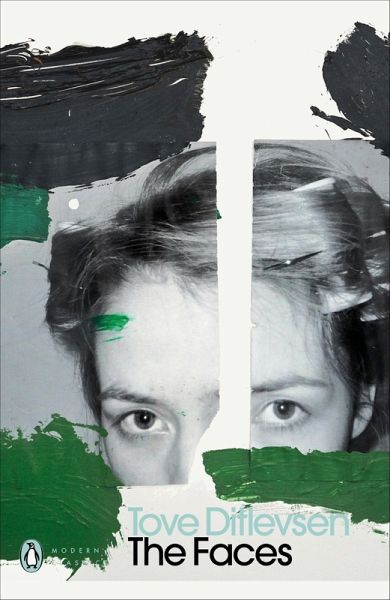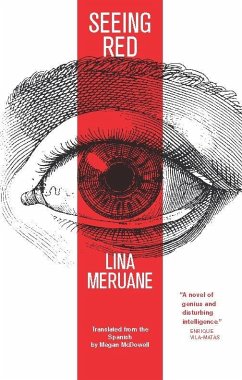
The Faces (eBook, ePUB)

PAYBACK Punkte
0 °P sammeln!
'One of Denmark's most celebrated writers' New StatesmanFrom the acclaimed author of the Copenhagen Trilogy, a searing, haunting novel of a woman on the edge, portrayed with all the vividness of lived experience. Copenhagen, 1968. Lise, a children's book writer and married mother of three, is increasingly haunted by disembodied faces and voices. She is convinced that her husband, already extravagantly unfaithful, will leave her. Most of all, she is scared that she will never write again. Yet as she descends into a world of pills and hospitals, she begins to wonder, is insanity really something...
'One of Denmark's most celebrated writers' New Statesman
From the acclaimed author of the Copenhagen Trilogy, a searing, haunting novel of a woman on the edge, portrayed with all the vividness of lived experience.
Copenhagen, 1968. Lise, a children's book writer and married mother of three, is increasingly haunted by disembodied faces and voices. She is convinced that her husband, already extravagantly unfaithful, will leave her. Most of all, she is scared that she will never write again. Yet as she descends into a world of pills and hospitals, she begins to wonder, is insanity really something to be feared, or does it bring a kind of freedom?
'Ditlevsen explores the surprising contours of Lise's experience: from her point of view, madness can be funny, soft and secure, and far more enlightening than the "reality" it struggles to evade' The New York Times
Translated by Tiina Nunnally
From the acclaimed author of the Copenhagen Trilogy, a searing, haunting novel of a woman on the edge, portrayed with all the vividness of lived experience.
Copenhagen, 1968. Lise, a children's book writer and married mother of three, is increasingly haunted by disembodied faces and voices. She is convinced that her husband, already extravagantly unfaithful, will leave her. Most of all, she is scared that she will never write again. Yet as she descends into a world of pills and hospitals, she begins to wonder, is insanity really something to be feared, or does it bring a kind of freedom?
'Ditlevsen explores the surprising contours of Lise's experience: from her point of view, madness can be funny, soft and secure, and far more enlightening than the "reality" it struggles to evade' The New York Times
Translated by Tiina Nunnally
Dieser Download kann aus rechtlichen Gründen nur mit Rechnungsadresse in A, B, BG, CY, CZ, D, DK, EW, E, FIN, F, GR, HR, H, IRL, I, LT, L, LR, M, NL, PL, P, R, S, SLO, SK ausgeliefert werden.













